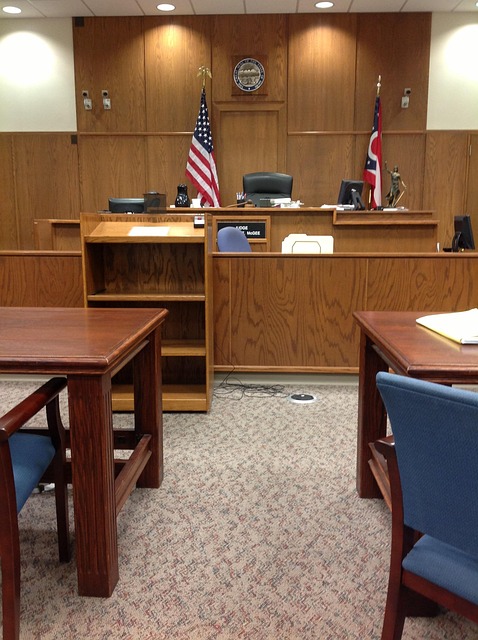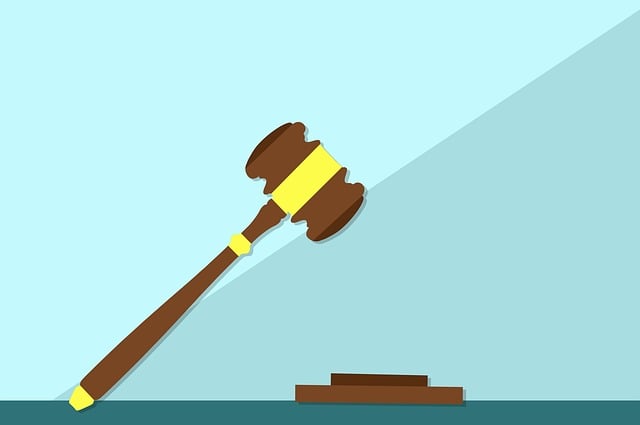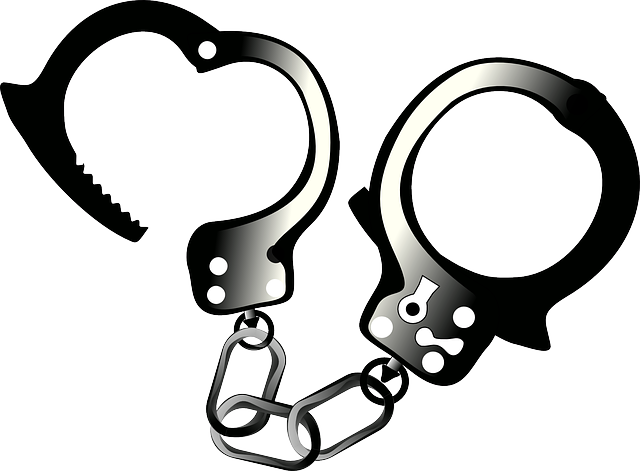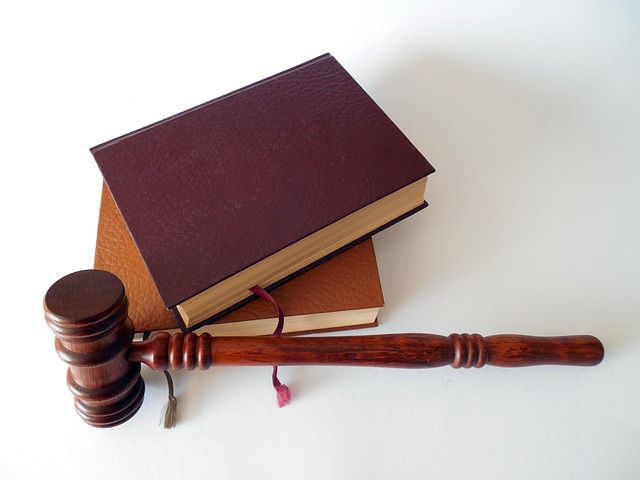Public corruption charges, governed by international standards and Global Antitrust Regulations (GARs), complicate cross-border mergers and acquisitions (M&A). Businesses in today's global economy must navigate diverse legal frameworks to avoid severe penalties. GARs aim to foster fair competition and prevent market dominance, with increasing international cooperation ensuring accountability for white-collar crimes. Effective defense strategies involve sophisticated compliance programs, audits, and training to curb corruption, enhancing transparency and ethical business practices worldwide through adherence to GARs in M&A transactions.
“Public corruption charges are a growing global concern, with far-reaching implications for businesses operating across borders. This article delves into the complex landscape of understanding public corruption, exploring its legal definitions and international frameworks. We analyze the impact of global antitrust regulations and cross-border mergers on anti-corruption efforts, highlighting both challenges and opportunities. Additionally, it presents strategies to enhance transparency and mitigate risks in international business, offering insights crucial for navigating this intricate domain.”
- Understanding Public Corruption Charges: Definitions and Legal Frameworks
- Global Antitrust Regulations: A Cross-Border Perspective
- Impact of Cross-Border Mergers on Anti-Corruption Efforts
- Strategies to Enhance Transparency and Mitigate Corruption Risks in International Business
Understanding Public Corruption Charges: Definitions and Legal Frameworks

Public Corruption Charges refer to allegations of illegal acts by public officials or those with significant influence in government or state-owned enterprises. These charges encompass a range of behaviors, including bribery, fraud, abuse of power, and embezzlement. Understanding these charges involves navigating complex legal frameworks that vary across jurisdictions but are often shaped by international standards set by organizations like the Organization for Economic Co-operation and Development (OECD) and the United Nations Convention against Corruption.
The global fight against public corruption is further complicated by cross-border mergers and transactions governed by Global Antitrust Regulations. As businesses expand internationally, they must navigate a labyrinth of laws and regulations to ensure compliance with both local and foreign standards. A robust white collar and economic crimes defense strategy is thus crucial for winning challenging defense verdicts in this complex environment. Effective legal representation involves not only understanding the specific charges but also leveraging knowledge of international laws and agreements to mount a compelling defense for individuals and organizations facing these allegations, ensuring fairness and due process under the law.
Global Antitrust Regulations: A Cross-Border Perspective

In today’s globalized world, where businesses operate across borders, understanding Global Antitrust Regulations is paramount. Cross-border mergers and acquisitions present unique challenges and opportunities, especially regarding compliance with antitrust laws. These regulations aim to ensure fair competition, prevent market dominance, and protect consumers from anti-competitive practices. With diverse legal frameworks worldwide, companies must navigate these complexities to avoid penalties such as fines, asset seizures, or even a complete dismissal of all charges.
The rise of white collar and economic crimes has led to enhanced international cooperation among regulatory bodies. This collaborative approach ensures that transgressors face consequences, regardless of their actions’ geographic reach. Furthermore, the impact of these regulations extends beyond corporate entities; they also influence the philanthropic and political communities, promoting transparency and accountability in global business practices.
Impact of Cross-Border Mergers on Anti-Corruption Efforts

The global landscape of anti-corruption efforts has evolved significantly with the increase in cross-border mergers and acquisitions (M&As). As businesses expand internationally, navigating complex regulatory environments becomes a critical challenge. Global Antitrust Regulations, designed to prevent market monopolization and promote fair competition, often intersect with anti-corruption initiatives. This intersection is significant because corruption can facilitate market distortions, undermining the very purpose of antitrust laws.
Unprecedented track records in white collar defense highlight the growing sophistication of legal strategies employed by companies to address these complexities. Effective compliance programs, internal audits, and robust reporting mechanisms are becoming indispensable tools in the fight against corruption. Moreover, international cooperation among regulatory bodies plays a pivotal role in ensuring that anti-corruption efforts are comprehensive and consistent across borders. This collaborative approach allows for the sharing of best practices, harmonization of standards, and coordinated investigations, ultimately strengthening global anti-corruption frameworks.
Strategies to Enhance Transparency and Mitigate Corruption Risks in International Business

To enhance transparency and mitigate corruption risks in international business, several strategic measures can be implemented. One key approach involves adhering to stringent Global Antitrust Regulations, which play a pivotal role in deterring corrupt practices. These regulations not only ensure fair competition across the country but also have worldwide implications, as businesses must navigate them during cross-border mergers and acquisitions. Regular due diligence checks on partners and potential acquisition targets can help identify red flags related to corruption.
Additionally, promoting robust internal controls and transparent accounting practices is essential. Companies should establish clear guidelines and protocols for financial reporting, ensuring that all transactions are properly documented and auditable. Encouraging a culture of ethics and integrity within the respective business operations can further strengthen defenses against corruption. Regular training sessions on anti-corruption laws and ethical conduct can equip employees with the knowledge to recognize and report suspicious activities, fostering an environment where integrity is prioritized over illicit gains.
The global fight against public corruption, facilitated by an evolving landscape of legal frameworks, particularly in the realm of Global Antitrust Regulations, demands a cross-border perspective. As international businesses navigate complex mergers and acquisitions, understanding the impact on anti-corruption efforts is crucial. By adopting strategies that promote transparency and mitigate risks, corporations can contribute to fostering integrity within global markets. This comprehensive approach, incorporating both legal conformity and ethical practices, is essential in strengthening international anti-corruption initiatives.






